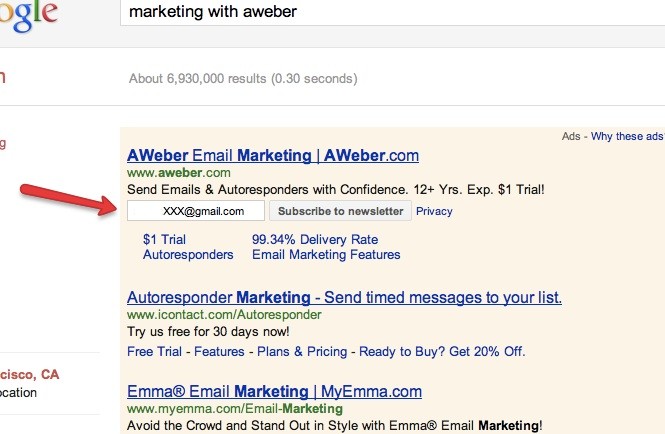Important Information on Penny Stocks
Post on: 24 Июль, 2015 No Comment

In addition to this statement, your broker is required to give you a statement of your financial situation and investment goals explaining why his or her firm has determined that penny stocks are a suitable investment for you. In addition, your broker is required to obtain your agreement to the proposed penny stock transaction.
Before you buy penny stock, federal law requires your salesperson to tell you the “offer ” and the “bid ” on the stock, and the “compensation ” the salesperson and the firm receive for the trade. The firm also must send a confirmation of these prices to you after the trade. You will need this price information to determine what profit or loss, if any, you will have when you sell your stock.
The offer price is the wholesale price at which the dealer is willing to sell stock to other dealers. The bid price is the wholesale price at which the dealer is willing to buy the stock from other dealers. In its trade with you, the dealer may add a retail charge to these wholesale prices as compensation (called a “markup” or “markdown”).
The difference between the bid and the offer price is the dealer’s “spread .” A spread that is large compared with the purchase price can make a resale of a stock very costly. To be profitable when you sell, the bid price of your stock must rise above the amount of this spread and the compensation charged by both your selling and purchasing dealers. Remember that if the dealer has no bid price, you may not be able to sell the stock after you buy it, and may lose your whole investment .
After you buy penny stock . your brokerage firm must send you a monthly account statement that gives an estimate of the value of each penny stock in your account, if there is enough information to make an estimate. If the firm has not bought or sold any penny stocks for your account for six months, it can provide these statements every three months.
www.sec.gov/investor/pubs/microcapstock.htm. In addition, your broker will send you a copy of this information upon request. The SEC encourages you to learn all you can before making this investment.
Remember that your salesperson is not an impartial advisor – he or she is being paid to sell you stock. Do not rely only on the salesperson, but seek outside advice before you buy any stock. You can get the disciplinary history of a salesperson or firm from FINRA at 1-800-289-9999 or contact FINRA via the Internet at www.finra.org. You can also get additional information from your state securities official. The North American Securities Administrators Association, Inc. can give you contact information for your state. You can reach NASAA at (202) 737-0900 or via the Internet at www.nasaa.org .
If you have problems with a salesperson, contact the firm’s compliance officer. You can also contact the securities regulators listed above. Finally, if you are a victim of fraud, you may have rights and remedies under state and federal law. In addition to the regulators listed above, you also may contact the SEC with complaints at (800) SEC-0330 or via the Internet at Complaint Form .
Persons who respond to the collection of information contained in this form are not required to respond unless the form displays a currently valid OMB control number.
SEC 2492 (12-05)
www.sec.gov/investor/schedule15g.htm














